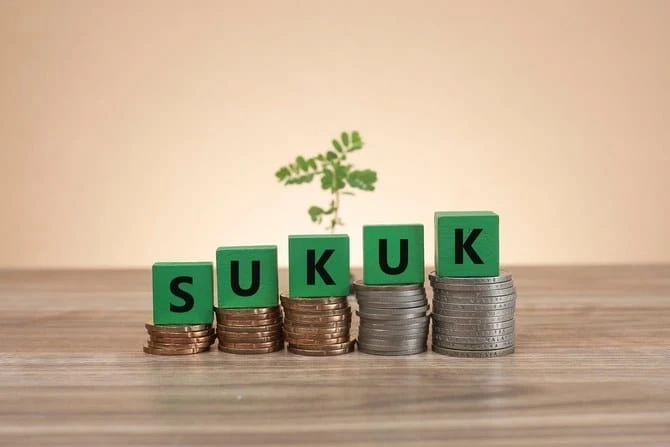Innovations in Sukuk: The Next Big Thing in Islamic Finance
The article "Innovations in Sukuk: The Next Big Thing in Islamic Finance" explores the dynamic world of Sukuk, or Islamic bonds, which comply with Sharia law by being backed by tangible assets. Innovations in Sukuk, driven by technological advances, regulatory changes, and a focus on sustainability, are making these financial instruments more accessible and appealing to a broader range of investors. The article highlights the role of fintech, such as blockchain, in enhancing transparency and efficiency, and the rise of Green Sukuk for financing environmentally friendly projects.



